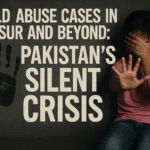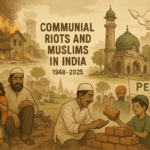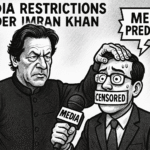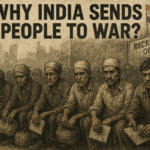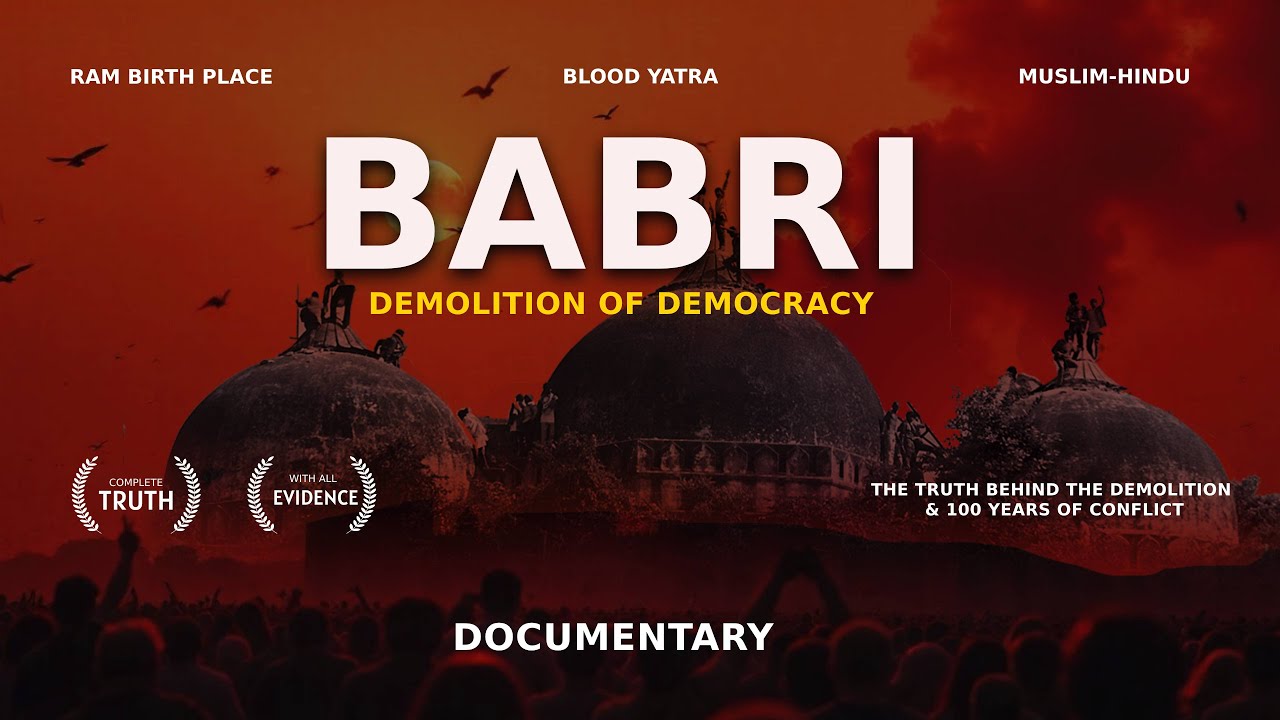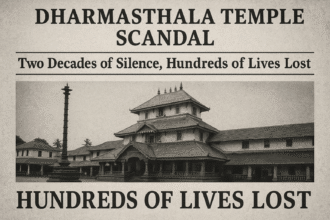While Holi is celebrated as the festival of colors and joy, it has also become notorious for incidents of harassment and abuse against women, often ignored in the name of festivity.
What Happens
-
Videos surface yearly showing men throwing color or water balloons inappropriately
-
Reports of groping, stalking, and verbal abuse spike during the week of Holi
-
Consent is often ignored under the guise of “Bura na maano, Holi hai”
Public Outcry
-
Influencers and feminist groups have spoken against this culture
-
#HoliHarassment trended on Indian Twitter in 2023 and again in 2025
-
Some Delhi colleges banned Holi celebrations due to safety concerns
While Holi is a widely celebrated festival of joy, reports of harassment and abuse—especially targeting women—surface every year. Videos have sparked outrage, especially when involving tourists or marginalized groups. Reddityoutube.comyoutube.com+3youtube.com+3youtube.com+3
Real‐World Cases
-
A Japanese woman harassed during Holi left India early, claiming she felt unsafe. youtube.com+2youtube.com+2youtube.com+2
-
A female solo traveler recounted groping and aggressive behavior in a regional Holi gathering. youtube.com
-
A Muslim family was forcibly sprayed with colors despite objections; police intervention eventually led to arrests. youtube.com+1youtube.com+1
Public Response
-
Social media hashtags like #HoliHarassment trended with calls for legal action
-
Complaints grew about invoking Holi’s tradition as a cover for non-consensual behavior
Legal & Policy Measures
-
Delhi and other states increased policing and banned open celebrations in risky public zones
-
Victim advocacy groups demanded stricter enforcement and awareness campaigns
Conclusion
The darker side of Holi cannot be dismissed. Ensuring women’s safety during festivities is critical to honoring both tradition and dignity.




